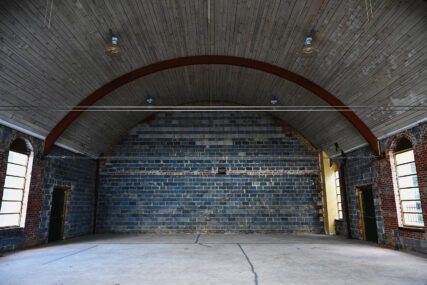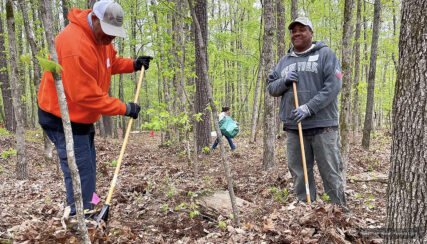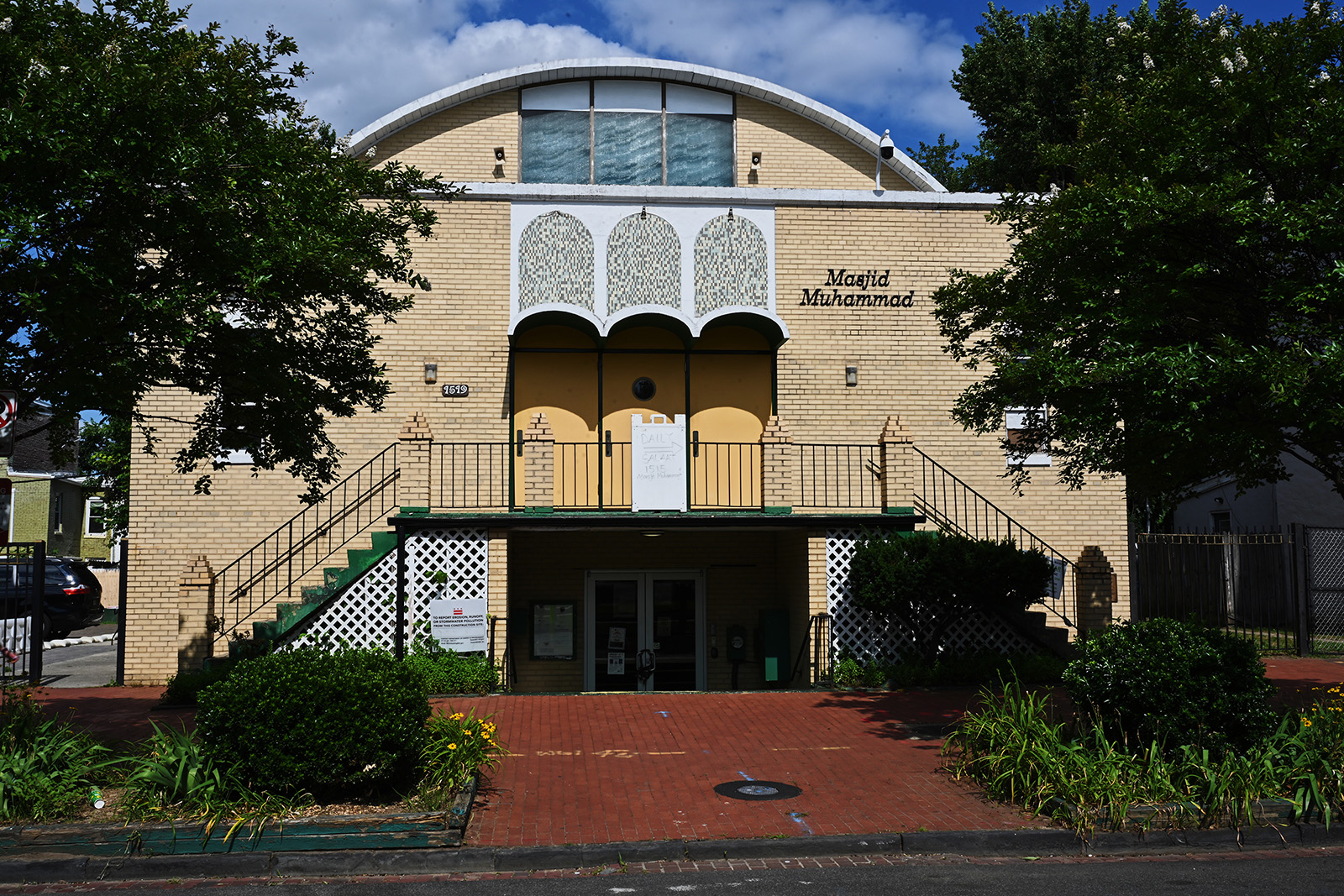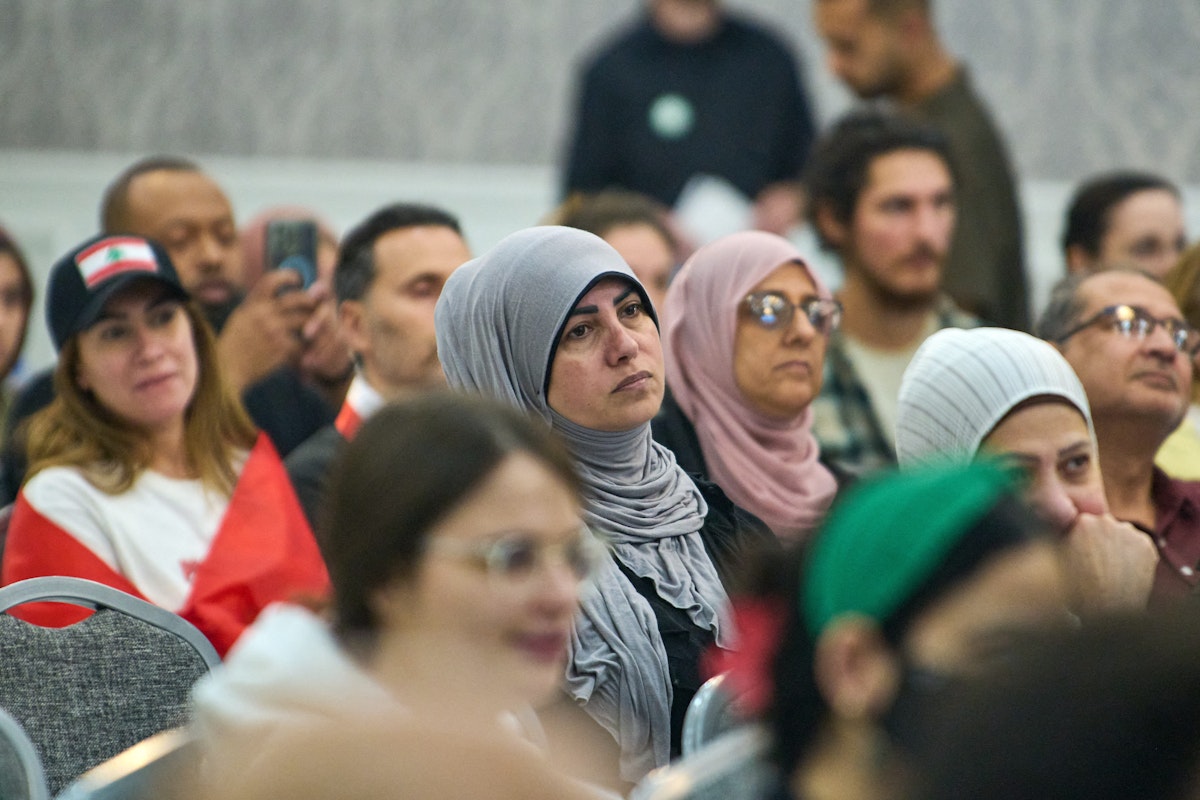(RNS) — A historic mosque in Washington, D.C., will receive a grant to help preserve its structure, one of 30 Black heritage sites supported by a program of the National Trust for Historic Preservation.
Masjid Muhammad, also known as The Nation’s Mosque, is the first awardee connected to the Islamic faith to be aided by the African American Cultural Heritage Action Fund. Its grant of $150,000 is part of a total of $3 million in funding announced Thursday (July 18).
Albert Sabir, administrative director of the mosque, told Religion News Service on Monday that the grant award “is a tremendous recognition, and I think it speaks to those who have gone forward before us in terms of setting the groundwork for the good deeds and the good work to be done.”
Since 2018, the fund has supported 304 sites related to Black heritage, totaling an investment of $27 million.
“We cannot talk fully about the Black spiritual experience in America without also talking about Islam and being Muslim, whether it was our enslaved ancestors or El-Hajj Malik al-Shabazz, better known to the world as Malcolm X,” said Lawana Holland-Moore, director of fellowships and interpretive strategies with the fund, in a statement to Religion News Service.
The mosque, whose current building was completed in 1960 and designed by architect David R. Byrd, is receiving a grant from the fund’s Conserving Black Modernism program that highlights African American architects. It is one of the oldest Black Muslim congregations in the country, dating to 1937.

Masjid Muhammad in Washington, D.C., is receiving a $150,000 grant from the African American Cultural Heritage Action Fund. (Courtesy photo)
Malcolm X “donated and helped raise significant dollars to build the current masjid,” the mosque’s website says, and “Muhammad Ali visited and regarded the community as his place of worship in D.C.”
RELATED: Dozens of Black churches receive total of $4 million for historic preservation
The money will aid environmental and engineering studies for a planned expansion that is expected to be LEED-certified, achieving a Leadership in Energy and Environmental Design rating as a green building. The grant also will support some capital improvements for the mosque.
“This grant is right on time, because we have started a $6 million renovation, and we have already raised over 60% of the funds,” Sabir said, adding that the plans call for doubling the mosque’s worship space, expanding its office and classroom space, and extending its ability to distribute food to its neighbors, including a feeding center for senior citizens.
Construction began in April and is expected to conclude in late 2025, he said, and worshippers are meeting for Friday prayer services at a Washington hotel during the renovations.
Another religion-related recipient of a grant, Pierce Chapel African Cemetery in Midland, Georgia, dates to around 1829. The Hamilton Hood Foundation has been awarded $60,000 for project planning to preserve the community’s history and landscape. The cemetery, named to the National Trust’s “America’s 11 Most Endangered Historic Places” in 2023, is one of the oldest burial grounds of enslaved people from plantations in the region and their descendants.
“The African cemetery literally is hiding in plain site,” said Yamona Pierce, president of the foundation that is seeking to uncover and preserve the history of enslaved people, some of whom were required to stand during services of the predominantly white church across the street.

Volunteer clean-up day in April 2022 organized by the Hamilton Hood Foundation at Pierce Chapel African Cemetery in Midland, Georgia. (Photo courtesy Hamilton Hood Foundation)
She said the funding will help her foundation determine “how we can welcome not only the descendants, but the broader community to come and learn about the storied journey of all those that are laid to rest here.”
Other recipients of the grant awards include three halls of Morehouse College in Atlanta; Shady Rest Golf and Country Club in Scotch Plains, New Jersey, the first Black-owned country club in the nation; and Alonzo Chatmon’s Juke Joint, in Water Valley, Mississippi, a part of the state’s blues history.
RELATED: Four historically Black churches awarded grants to preserve work of pioneering architects














